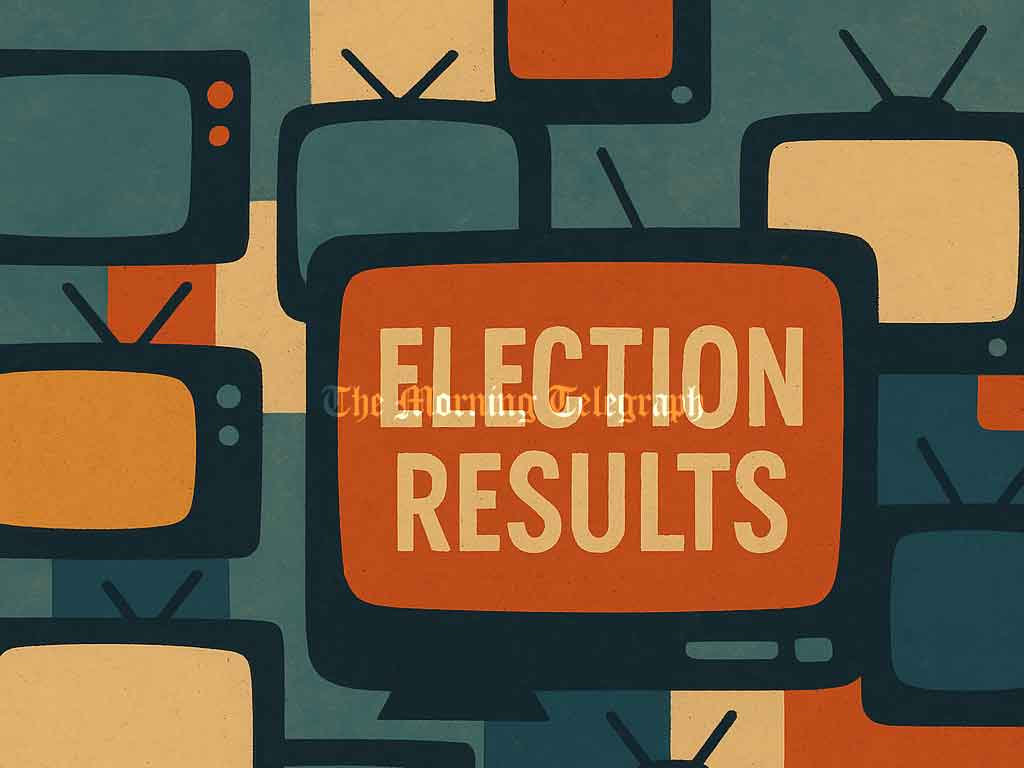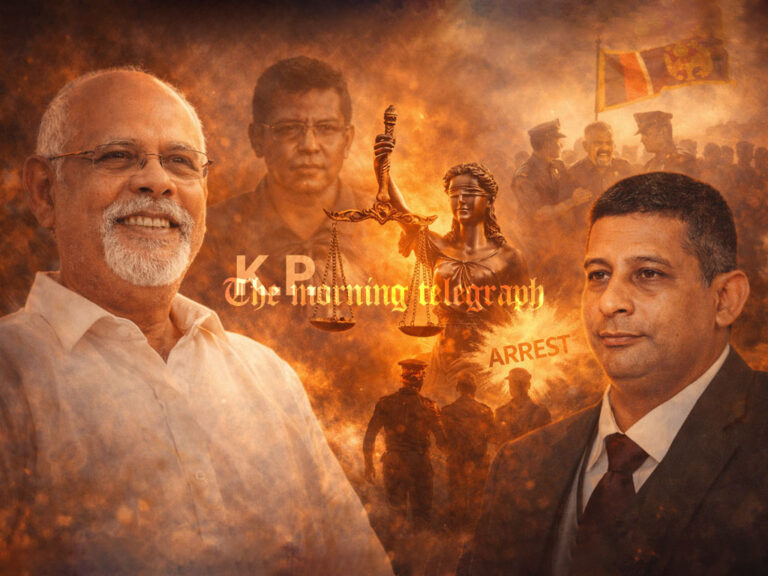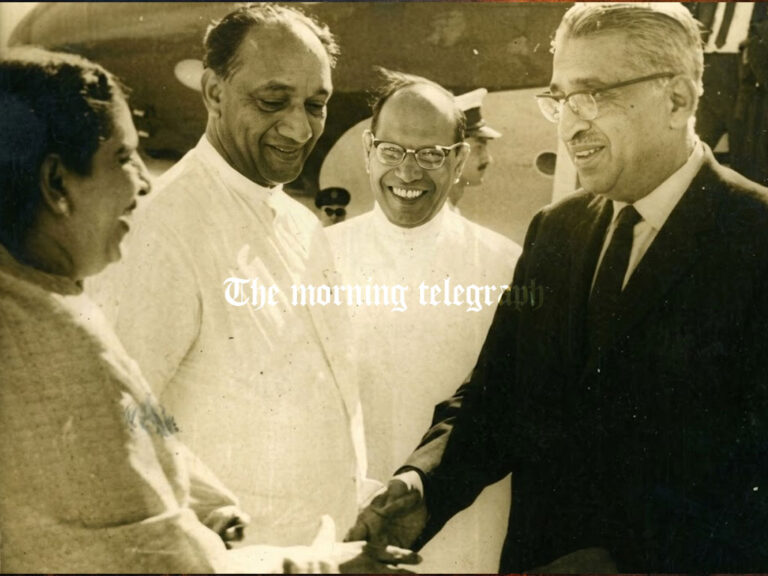
A dispute has arisen between the Election Commission and the Sri Lanka Electronic Broadcasters Association following the Commission’s decision to significantly increase the fees media outlets must pay to publish the official results of the 2025 local government elections.
According to the newly proposed fee structure, a single media outlet will have to pay Rs. 8 million if it wishes to broadcast the official election results immediately upon their release. If multiple channels fall under the same media network, they will be charged a package fee of Rs. 15 million.
This revised fee applies to all electronic and digital media outlets, including newspaper websites, that plan to release the results as soon as the Election Commission makes them public.
However, the Electronic Broadcasters’ Association (EBAA) claims that the fee increase—amounting to a 1,300 percent hike compared to previous elections—could prompt many media organizations to forgo broadcasting the results altogether.
“These are charges usually levied for exclusive coverage granted to a single channel for commercial programming,” said EBAA Chairman Asanga Jayasuriya. “But covering election results is a public service, and nearly every broadcaster engages in it.”
He emphasized that broadcasting election results is part of the public’s right to information and warned that if media outlets decline to air the results due to the increased fees, it could deal a significant blow to that right.
Responding to the concerns, Election Commission General Secretary Saman Sri Ratnayake defended the new rates, noting that they were determined by a committee following discussions with the Treasury and other state agencies.
“We’ve informed the media outlets about the proposed rates, but they’re not final yet. We’ve also invited them to submit their own proposals, which we will forward to the Treasury for consideration. We can’t adjust these figures ourselves—they require Treasury approval,” Ratnayake explained.
He further noted that the Election Commission would be incurring costs of up to Rs. 1 billion for disseminating results to the media. In practice, the results are faxed to the Department of Government Information, which then shares them with media houses.
Ratnayake also highlighted that television broadcasters, in particular, generate significant advertising revenue during elections. “Their advertising rate cards during election seasons speak for themselves when compared to regular times. Even with the new fee structure, we’re only recovering about 10 to 15 percent of our total expenses,” he said.
However, the Electronic Broadcasters’ Association maintains that most of the advertising revenue for television stations does not come from broadcasting election results directly. Instead, they argue, media outlets play a vital role in supporting the democratic process by educating voters about the elections, highlighting violations of election laws, and encouraging civic participation.




